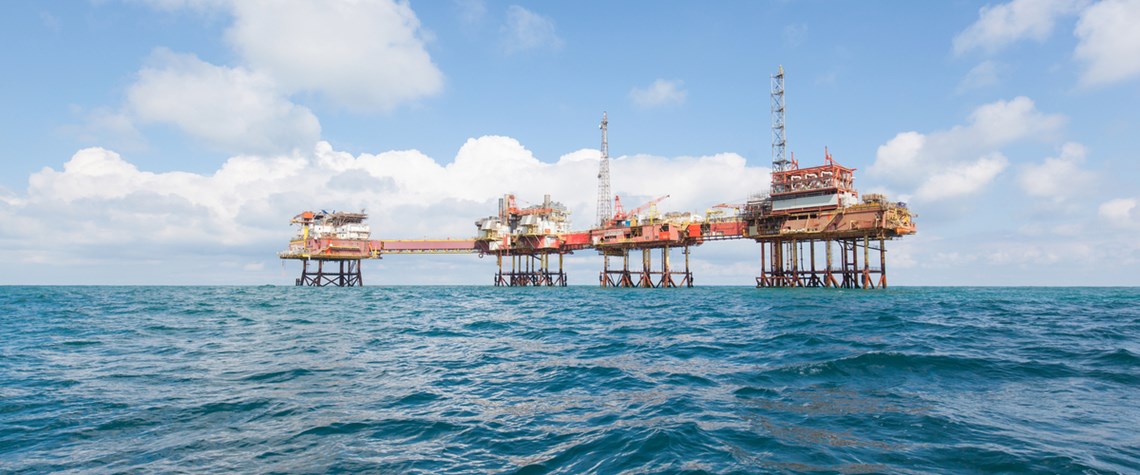Angola revival stalled by global demand slump
Sharply lower oil prices mean the West African country will find it difficult to finance the investment needed to replace its ageing offshore fields
Slumping oil prices and weak demand are reducing investment in Angola’s oil sector, hastening a decline in production that could cut the country’s output by more than a third by 2029. Angolan president Joao Lourenco, elected in 2017, has sought to reform the country’s sprawling, corrupt bureaucracy and boost dwindling crude production. He created a standalone industry regulator, the National Oil and Gas Agency, separating out the function from NOC Sonangol, and cut corporate taxes in an effort to attract more interest in the country’s costly and risky deepwater marginal fields. “Going into 2020, it was looking pretty positive,” says Adam Pollard, a senior upstream analyst at consultancy Wood

Also in this section
18 February 2026
With Texas LNG approaching financial close, Alaska LNG advancing towards a phased buildout and Magnolia LNG positioned for future optionality, Glenfarne CEO Brendan Duval says the coming year will demonstrate how the company’s more focused, owner-operator approach is reshaping LNG infrastructure development in the North America
18 February 2026
The global gas industry is no longer on the backfoot, hesitantly justifying the value of its product, but has greater confidence in gas remaining a core part of the global energy mix for decades
18 February 2026
With marketable supply unlikely to grow significantly and limited scope for pipeline imports, Brazil is expected to continue relying on LNG to cover supply shortfalls, Ieda Gomes, senior adviser of Brazilian thinktank FGV Energia,
tells Petroleum Economist
17 February 2026
The 25th WPC Energy Congress, taking place in Riyadh, Saudi Arabia from 26–30 April 2026, will bring together leaders from the political, industrial, financial and technology sectors under the unifying theme “Pathways to an Energy Future for All”







